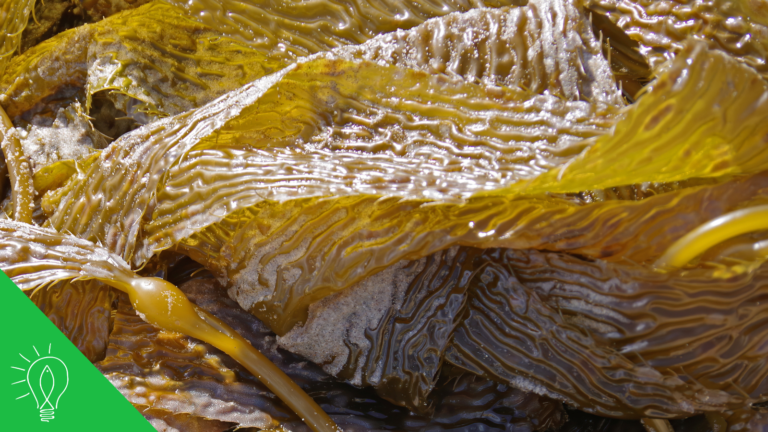

KelpCrofting will address current challenges in kelp farming by developing low-energy and low-cost methods for processing harvests, to open new market opportunities to kelp farmers.
£257,156
15 months

Kelp farmers face major supply-chain bottlenecks associated with the short harvest season (4-6 weeks) and an urgent need to stabilise large tonnages of kelp soon after harvest. In addition, kelp farming is a low margin business, and harvesting and processing efficiencies must be improved to maximise yields and make the farms economically viable. Fresh kelp is typically dried or frozen immediately after harvest to extend its shelf life. However, the high moisture content of kelp (>90%) and its bulky nature, mean that business incur significant transport, storage, and drying costs, which can be prohibitive with rising fuel and energy prices.
We will address this issue by developing chopping and dewatering methods to halve the volume and water content of kelp in order to reduce transport, cold storage, and drying costs. We will also develop ensiling methods for storing kelp, which offers a low-energy alterative to freezing. To address issues of harvest yields, KelpCrofting will develop techniques and equipment to temporarily store kelp in seawater after harvest to slow degradation and maximise daily harvest capacity, and test methods to remove biofouling from fronds so that harvest season can be extended. We will also assess options to upcycle and valorise waste streams from processing to maximise returns.
These innovations combined will deliver harvest, storage, and processing solutions that increase economic and environmental sustainability of the kelp farming industry.
KelpCrofters Ltd